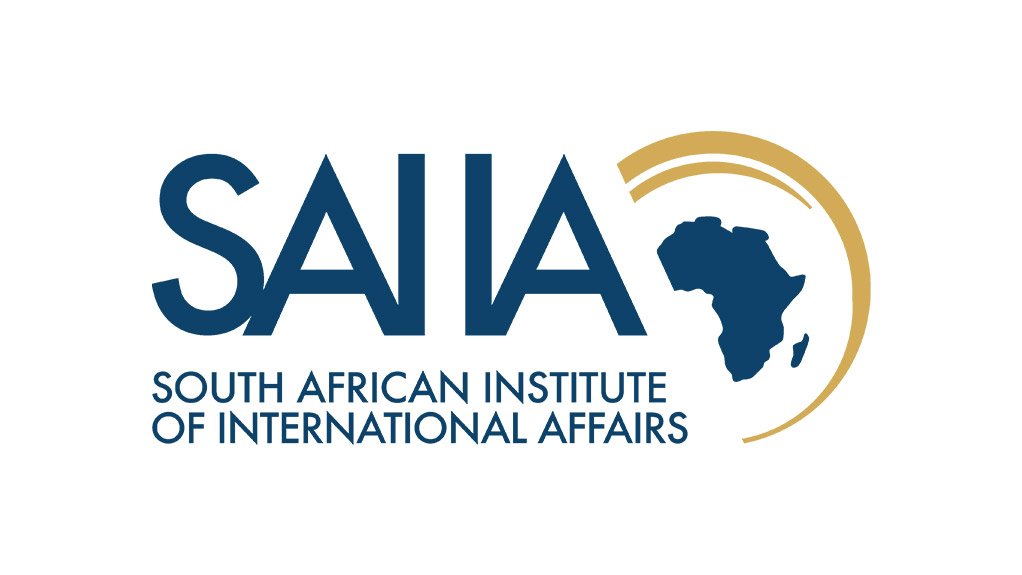On the 27 April 1994 some friends and I decided to vote at a polling station in Soweto. In South Africa’s first democratic election, voters could cast their ballot at any polling station.
We wanted to be with voters who had never before been allowed to cast their ballot. We wanted to be with those fellow South Africans, and not in our own suburbs in eastern Joburg.
Those were emotionally charged days – the 26 of April when the new South African flag was raised at midnight over the Civic Centre in Braamfontein and the 27 (and 28) April, which were the two days of voting.
The election date had come after more than two years of negotiations, which were successful despite attempts by white racist movements such as the Afrikaner Weerstandsbeweging and people in the security forces to derail the process.
At the eleventh hour Chief Mangosuthu Buthelezi’s Inkatha Freedom Party had also been persuaded to stand in the elections.
As a youngster living through incredible times, I felt that I had to capture some of the moments in writing, and I scribbled down a few notes of experiences that had struck me, not in their grandeur but in their everyday-ness.
Recently, I found some of these notes from that voting day and those which followed:
“Elections or no elections people have to earn a living … that was evident from two or three women who had laid out their wares (tomatoes, pears and other perishables) outside the polling station and while people were patiently waiting in long queues outside a building in disrepair, with chickens and police to keep them company, these women were hoping to attract a tired customer in need of refreshments.
“One woman, rather inebriated (not only with the overwhelming emotion of the historic moment but also with something a little more earthy) approached us. She was thin, wearing a drooping summer dress. ‘I’ve voted’, she said. ‘I’m so happy’. We acknowledged her and smiled: ‘That’s good’, said my friend. ‘I’ve voted for the ANC. Is that OK?’ She asked. We laughed that she should ask us such a question. ‘That’s fine. You can vote for whomever you want’. She raised her thumb and fist. She was worried, however, that she was going to die, she told us. She wanted our assurances, and particularly my friend’s, that should anything befall her, we would look after her. We gave her assurances.
“We returned to our car, the only whites bar a few international observers monitoring voting at this polling station set up in a school near a dusty dirt track.”
A few days later the NGO I used to work at arranged a tea where staff could share their emotions about the first democratic elections.
Particularly moving were the words from a middle-aged woman, who had worked at the organisation for many years:
“I was a third-rate citizen. Now I am recognised as a human being! I felt good, I was happy because when I cast my ballot I felt that I was recognised as a human being.”
Another man, close to retirement, who had been an eminent journalist over the decades of apartheid and who was also voting for the first time, was more circumspect, reminding us all that “freedom means responsibility. I see this all in a serious light. South Africa is not a nation yet. We have to work towards becoming one. Education is also about changing the mindset of the people. [Dr Kwame] Nkrumah was correct about the ‘Seek ye first the political kingdom and all the rest shall follow’. Without the means to implement things there is no way intellectuals, academics etc can put into motion policies to improve living conditions and so on.”
My colleague’s parting shots were sobering indeed, but how true. Twenty-five years later, we know that democracy will always be a work in progress – look at what is happening in some of the established and entrenched democracies of the west – we know that political freedom is only the first step to economic emancipation. We also know that there will be many detours and obstacles along the way that will set us back, and that the international honeymoon of the first years quickly wilts.
The idealism of the early years and the powerful message sent to the world by our peaceful transformation was the foundation for a soft power projection well beyond the size and weight of South Africa. Its leadership in many global debates, its presence in critical places of conflict, its articulation of human rights and democracy as important values for the dignity of man and woman, gave it tremendous international standing.
This has frayed in recent years, not least because of troubles at home – the greed, the freedom without responsibility of many in power, the complacency. South Africa needs to break away from this malaise. That is the challenge of the new administration after the 8 May elections – root out the cancer in the body politic and re-invent freedom as responsibility, regain leadership and the moral high ground in global interactions, especially at a time when others, who might have led in earlier times, have become much more base. As South Africans we can’t lose sight of the need to be vigilant, informed and engaged citizenry.
Research by Elizabeth Sidiropoulos, SAIIA
EMAIL THIS ARTICLE SAVE THIS ARTICLE ARTICLE ENQUIRY
To subscribe email subscriptions@creamermedia.co.za or click here
To advertise email advertising@creamermedia.co.za or click here











